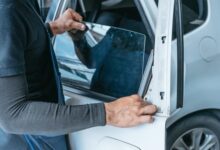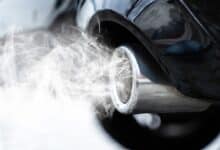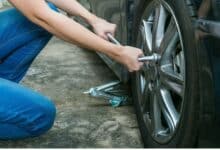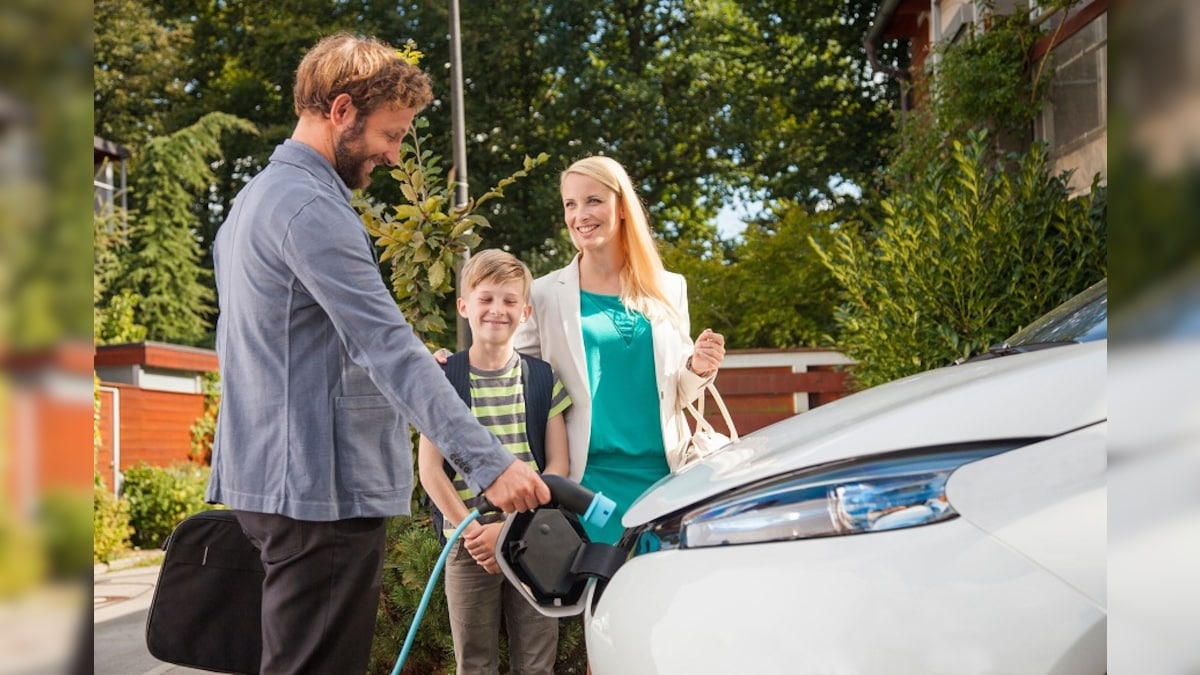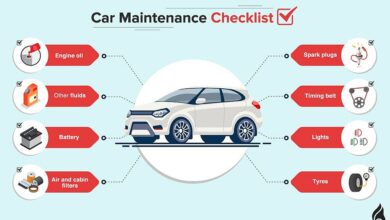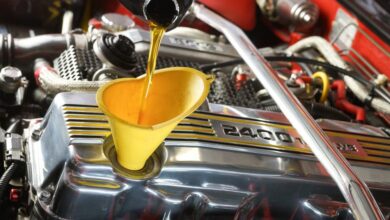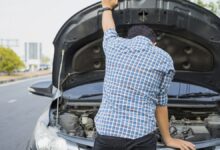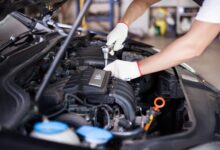Steps to Self-Care for Your Family Car

Your family car is more than just a mode of transportation; it’s a reliable companion for countless journeys. This guide outlines essential steps for self-care to ensure your family car remains in top condition. From routine checks to addressing common issues, we’ll explore the key practices that contribute to the longevity, safety, and overall well-being of your cherished vehicle. Dive into practical tips, maintenance schedules, and proactive measures designed to keep your family car running smoothly. Empower yourself with the knowledge needed to navigate the road with confidence, knowing your family car is well-cared-for. Uncover the steps to self-maintenance and foster a reliable and enjoyable driving experience for your entire family.

Contents
Regular Maintenance
Regular maintenance plays a crucial role in preserving the health and performance of your family car. By following these steps, you can ensure that your vehicle remains reliable and safe.
Oil Changes
Regular oil changes are vital for the smooth functioning of your car’s engine. Consult your owner’s manual for the recommended oil change intervals and use high-quality oil. Regular oil changes not only improve fuel efficiency but also prevent engine damage.
Fluid Checks
Keeping an eye on various fluids like coolant, brake fluid, power steering fluid, and transmission fluid is essential. Check these fluids regularly and top them up as needed. Neglecting fluid levels can lead to overheating, brake failure, or transmission issues.
Tire Maintenance
Proper tire maintenance ensures optimal traction, fuel efficiency, and overall safety. Regularly check tire pressure, rotate tires as recommended, and inspect for signs of wear or damage. Don’t forget to include the spare tire in your inspection routine.
Battery Care
A dead battery can leave you stranded at the most inconvenient times. Check the battery terminals regularly for corrosion and clean them if necessary. Also, keep an eye on the battery’s age and replace it before it fails.
Air Filter Replacement
A clean air filter is essential for the efficiency of your car’s engine. Inspect the air filter regularly and replace it according to the manufacturer’s recommendations. A clogged air filter can reduce fuel efficiency and affect engine performance.
See more: Maximizing Vehicle Control: Tips to Enhance Your Vehicle’s Control System
Cleaning and Detailing
Keeping your family car clean not only enhances its appearance but also protects it from damage caused by dirt, debris, and harsh weather conditions. Here are some steps to effectively clean and detail your vehicle.
Exterior Cleaning
Start by washing the exterior of your car using a mild car wash soap, a soft sponge or microfiber cloth, and plenty of water. Pay special attention to removing dirt from hard-to-reach areas such as wheel wells and undercarriage. Finish with a thorough rinse and dry with a soft towel.
Interior Cleaning
Regularly vacuuming the interior helps remove dirt, dust, and debris that can accumulate over time. Wipe down surfaces with a gentle cleaner suitable for your car’s interior materials. Don’t forget to clean the windows and mirrors using a streak-free glass cleaner.
Upholstery Care
Keep your family car’s upholstery in great condition by regularly vacuuming and spot cleaning any stains or spills. Consider using fabric or leather protectants to guard against future stains and wear.
Waxing and Polishing
Applying a coat of wax to your car’s exterior not only gives it a glossy finish but also provides a protective layer that shields against UV rays, pollution, and minor scratches. Follow up with polishing to restore shine and remove any imperfections.
Protecting the Paint
To protect the paint from chips, scratches, and fading, consider using paint protection film or ceramic coating. These products offer long-term protection against environmental factors and make cleaning easier.
Safe Driving Practices
Taking care of your family car involves more than just maintenance and cleaning; it also requires practicing safe driving habits to prevent accidents and unnecessary wear and tear.
Defensive Driving
Always drive defensively by being aware of your surroundings, anticipating potential hazards, and maintaining a safe distance from other vehicles. Avoid aggressive driving behaviors such as speeding or tailgating.
Smooth Acceleration and Braking
Avoid sudden acceleration or slamming on the brakes whenever possible. Smooth acceleration and braking reduce strain on various components, such as the engine, transmission, and braking system.
Avoiding Overloading
Resist the temptation to overload your family car with excessive passengers or cargo. Overloading can put unnecessary stress on the suspension, brakes, and tires, leading to reduced performance and safety risks.
Parking in Shade
Whenever feasible, park your car in shaded areas or use a car cover to protect it from direct sunlight. Extended exposure to intense sunlight can cause paint fading, interior damage, and deterioration of rubber seals.
Minimizing Short Trips
Frequent short trips result in increased wear on your car’s engine and exhaust system while providing less time for them to reach their optimal operating temperatures. Whenever possible, consolidate errands or opt for alternative transportation methods.
When Should You Check and Replace the Tail Lights on Your Vehicle?
Saving Money on Fuel
Savings on fuel not only benefit your wallet but also reduce the environmental impact of your family car. By adopting these simple practices, you can increase fuel efficiency.
Proper Tire Inflation
Maintaining proper tire pressure reduces rolling resistance, resulting in better fuel efficiency. Check tire pressure regularly using a reliable pressure gauge and adjust it according to the manufacturer’s recommendations.
Smooth Driving Techniques
Avoid aggressive driving habits like rapid acceleration or abrupt braking, as they waste fuel unnecessarily. Instead, practice smooth driving techniques that maintain a consistent speed and use gentle acceleration and deceleration.
Remove Excess Weight
Carrying unnecessary items in your family car adds extra weight, which reduces fuel efficiency. Regularly declutter your vehicle’s trunk or cargo area to minimize weight and improve fuel economy.
Plan Efficient Routes
Plan your trips efficiently to minimize distance traveled and avoid congested routes whenever possible. Utilize navigation apps or devices that offer real-time traffic information to find the most fuel-efficient route.
Regular Vehicle Maintenance
Following regular maintenance practices outlined earlier in this article ensures that your family car operates at its peak efficiency, maximizing fuel economy as well.
Nurturing Your Family Car – Essential Steps to Self-Care
By following these steps to self-care for your family car, you can ensure its reliability, safety, longevity, and performance while saving money on repairs and fuel costs. Regular maintenance, proper cleaning, safe driving practices, and fuel-saving techniques go hand-in-hand in keeping your family car in top-notch condition for years to come. Take care of your vehicle, and it will take care of you and your loved ones on every journey you embark upon together.
See more news at: car care vip



